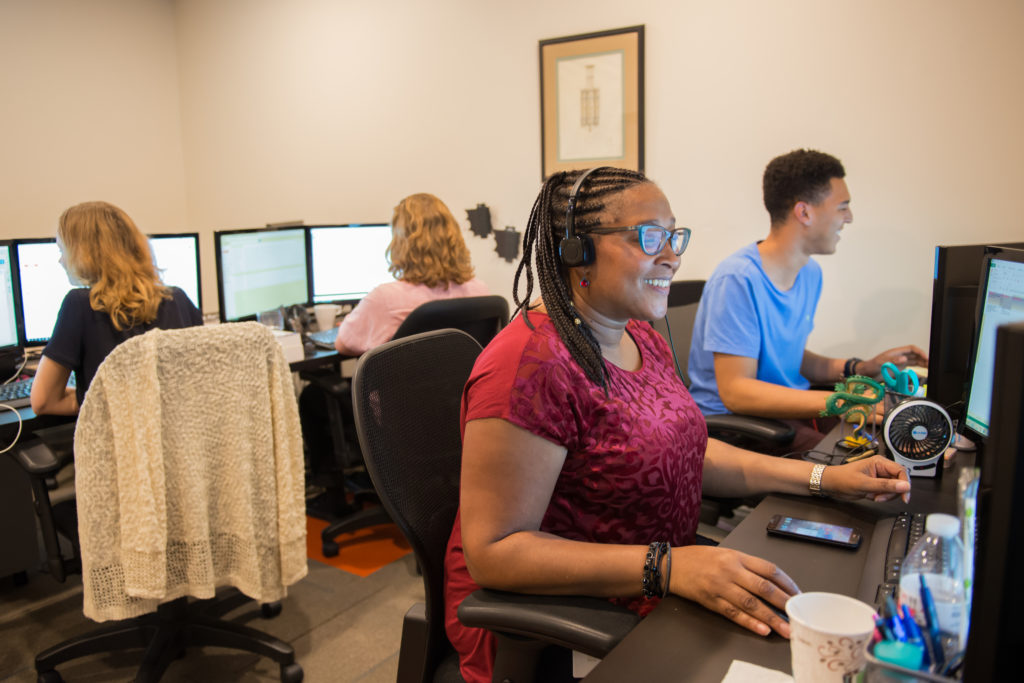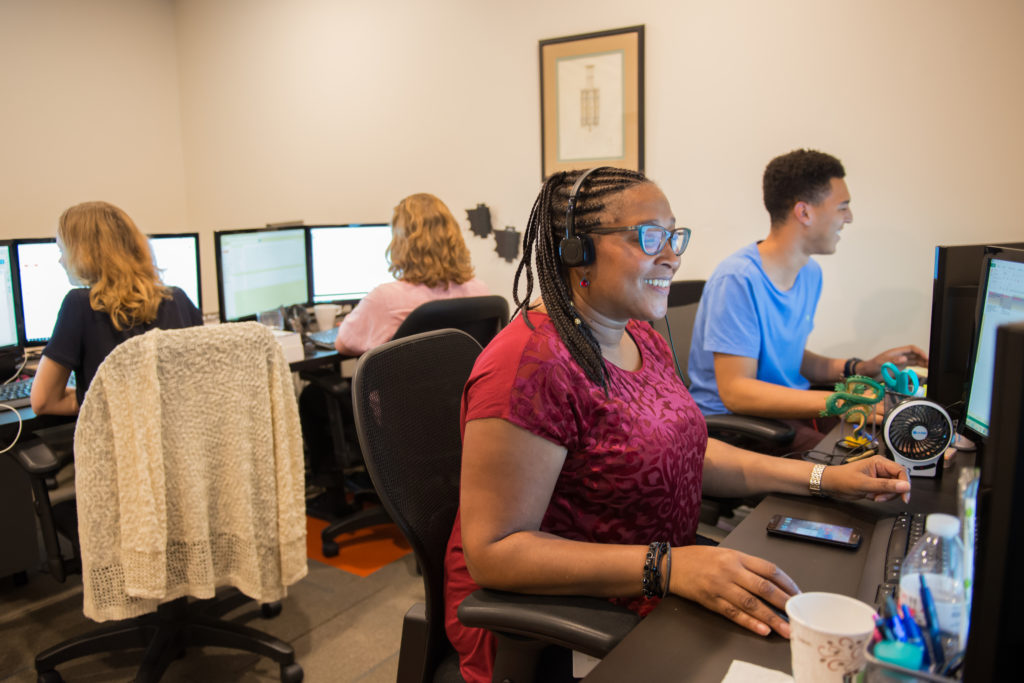
A good education ensures that young people are set up for success and can reach their full potential. Education starts at birth and continues into meaningful careers, with ongoing opportunities to learn and grow.
What You Need to Know
These key issues are essential to understanding how we can support thriving people and places.
Lifelong Learning: Higher Education
- Unequal rates of college-going, particularly by race/ethnicity, income, and urbanicity, with numerous educational deserts
- Increased rates of problematic debt, financial distress, and housing insecurity
- Disruption of family formation among individuals in their 20s and 30s
- Heightened inequality in high school completion, combined with low and highly unequal rates of degree completion
- Widespread anxiety and depression among students at both the undergraduate and graduate level
- A workforce characterized by poor working conditions, particularly at the faculty and staff levels, including economic insecurity and exploitation
Historical Context
AMERICAN HIGHER EDUCATION EXHIBITED MULTIPLE SIGNS OF STRAIN and stress prior to the pandemic. In particular, the sector was confronted with a potent combination of declining financial resources and complex demands, the likes of which it had never seen before. A steady erosion of support over 50 years had left most of public higher education (and some private colleges) struggling to survive in 2020. Drastic cuts have been made to institutional support, specially for the public broad and open-access institutions educating three-quarters of all students. This has been accompanied by significant reductions in financial aid, including a shift in focus from grants to loans—a privatization of student financing.
As we look at creating an equitable economy, we have to make sure we those who want to be future business owners have the opportunities to get the education they need.“
Rayon Brown, Fox Valley Technical College
Current Conditions
The short-term impacts of COVID-19 will be exacerbated as unemployment rates continue to rise, eviction moratoriums end, states’ budget shortfalls lead to cuts in institutional appropriations and student financial aid, and the impacts of student debt accumulate. If we fail to take action, we can expect to see a continuation or increase in destructive trends.
In April 2020, Michigan Governor Gretchen Whitmer announced Futures for Frontliners. The program will pay for college for essential workers without a college degree. The effort echoes the Tennessee Reconnect program, launched with bipartisan support in 2019 to provide tuition-free access to community college for adults over the age of 25 without a college degree. The Tennessee Reconnect initiative built on the Tennessee Promise, which has offered tuition-free community college to recent high school graduates since 2015.
Pivotal Moves
A Selection of Ideas for Changing Course
PIVOTAL MOVES are decisive actions that could begin now and change the course of community life relatively quickly.
SUPPORT BASIC NEEDS
Suspend work requirements in all means-tested public benefit programs.
Create a demonstration program to make grants available to colleges
and community colleges so they can provide free meals to food-insecure
students.
MAKE SURE EVERY STUDENT HAS A HOME
Encourage the use of emergency funds for stabilizing maintenance payments for homeless students.
Remove full-time-student restrictions on Low-Income Housing Tax Credit (LIHTC) units and Section 8 housing vouchers.
EXPAND WORK OPPORTUNITIES
Expand the Federal Work-Study Program and adjust the allocation formula.
Bolster support for student engagement in community service.
FORGIVE STUDENT DEBT
The IRS could use tax records to identify individuals who have not earned an average of more than $100,000 per year over the last three years (including 2020—approximately the bottom 90% of earners), and automatically cancel all of their federal student loans.
